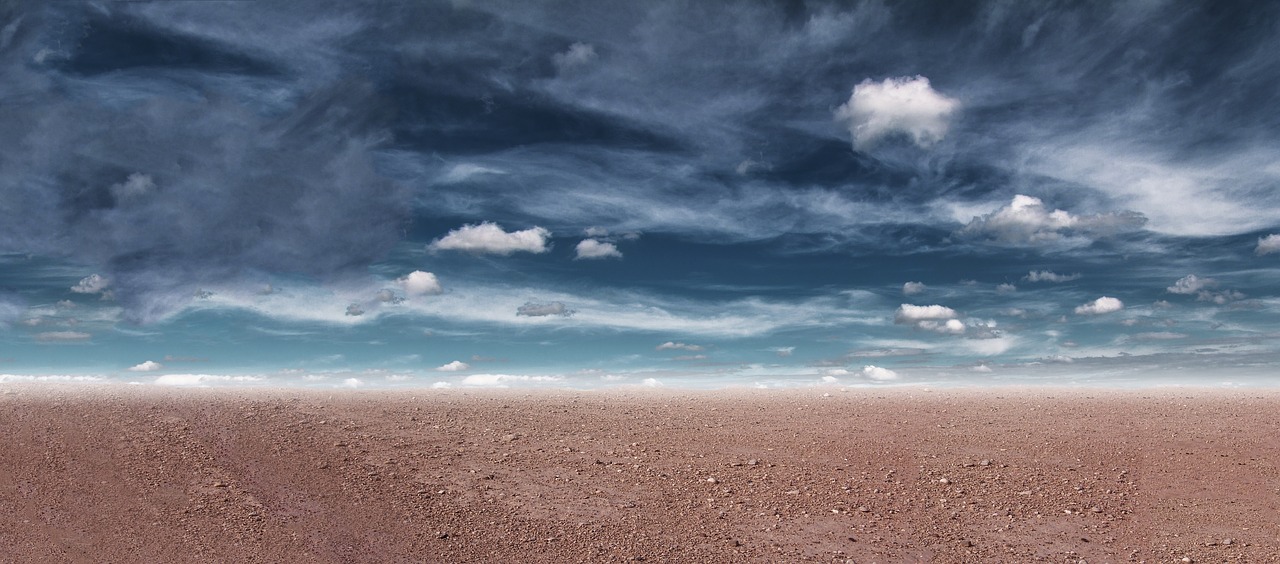The dry season that occurs during January to May is characterised by moderate to strong low level winds, warm days and cool nights. Very recently, the Trinidad and Tobago Metrological Service (TTMS) stated that there is evidence to suggest that the region has now transitioned to a drier state. The TTMS expects February and March to be the driest months in 2020.
What are the impacts of the dry season?
- Prolonged High Temperatures
- Bush Fires
- Degradation in Air Quality
- Water Scarcity
- Agricultural Losses
- Health Concerns
What should you do to curb the negative impact?
During the dry season, it is important to follow some safety measures. Let’s have a look at them:
-
Property Insurance
In Trinidad and Tobago and several Caribbean islands, bush fires or wild fires are major events associated with the dry season. Annually, throughout the islands, these fires leave a terrible mark on the landscape. Even though these bush fires are natural occurrences, they can sometimes be accidental by the tossing of a cigarette or agricultural practices to name a few. In such a hot atmosphere, it will take almost no time for these fires to spread, unfortunately affecting nearby properties. It is therefore imperative that your property is insured to minimize any financial losses that can occur.
-
Water Conservation
As water levels may generally run low during a dry season, it is important that each person makes a conscious effort to conserve water. Please look at the following tips. - Reduce the wastage of water.
- Turn off taps and showers when not in use.
- Ensure that you have no leaking hoses and only use when absolutely necessary.
- Do your laundry in large loads instead of small batches.
- Encourage others to conserve water.
-
Stay hydrated
As temperatures increase, it is easy to become dehydrated. During the dry season, each person should increase his water intake in order to keep the body temperature under control.
-
Regulate air quality
Air quality also degrades during the dry season due to extra dust and very often bushfire smokes so measures should be taken to control the air quality in your environment.
- Keep the doors and windows of your home and vehicle closed as much as possible.
- Use a humidifier if it is too humid.
- Use air conditioners on the recirculation setting as it prevents outside air from moving inside.
All these measures would help you to withstand the dry season. For more information, please do not hesitate to contact us on 285- GULF.
